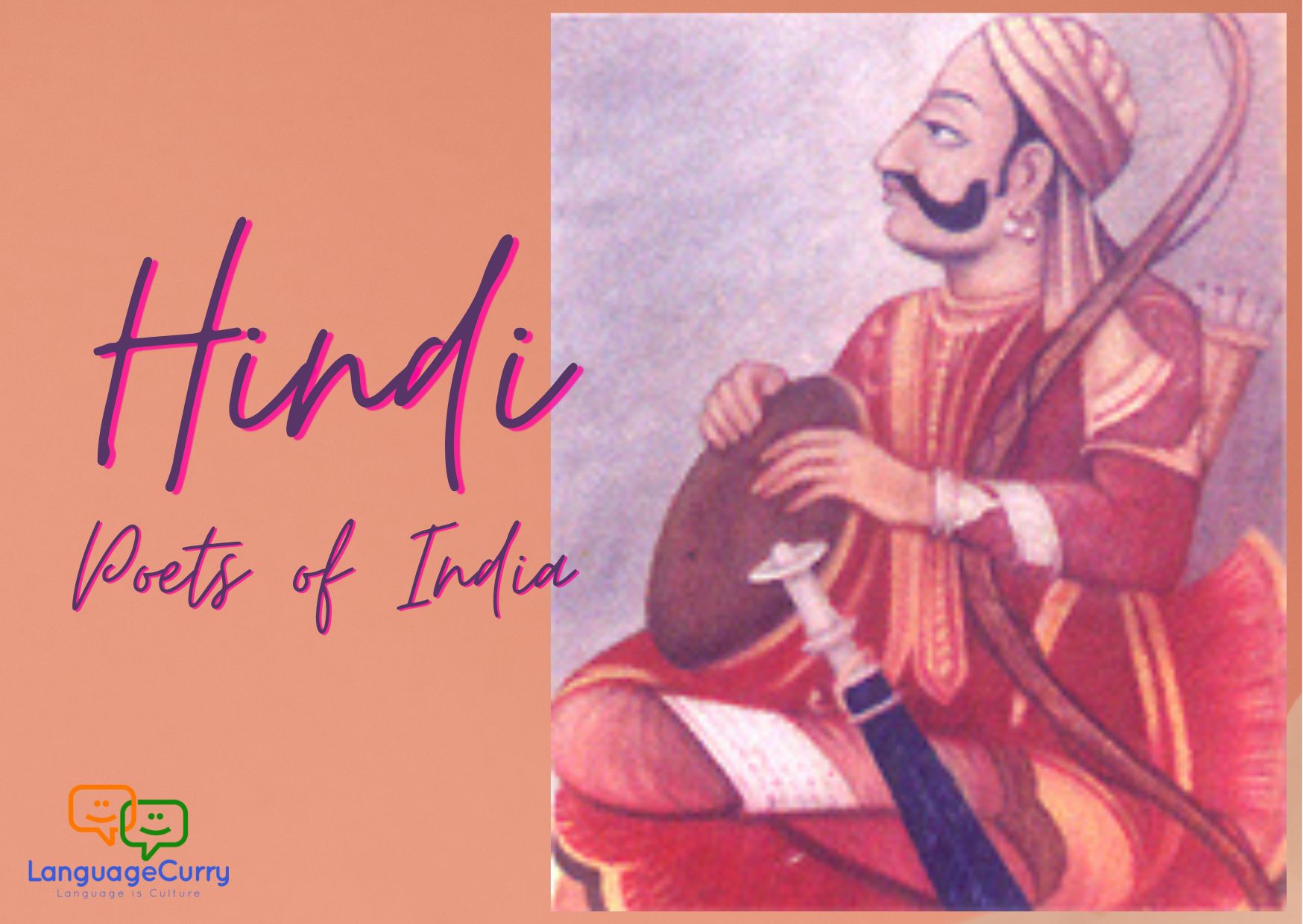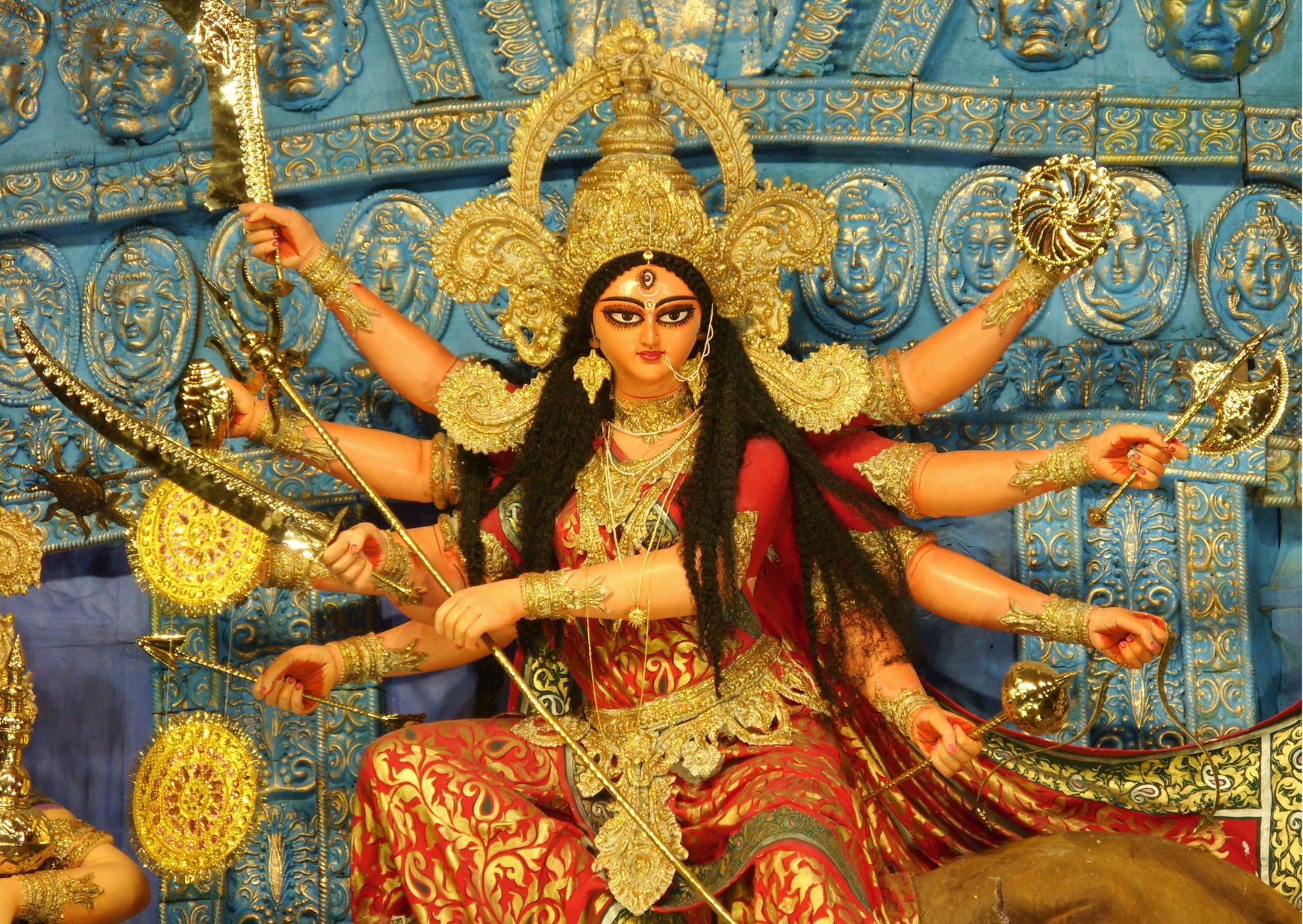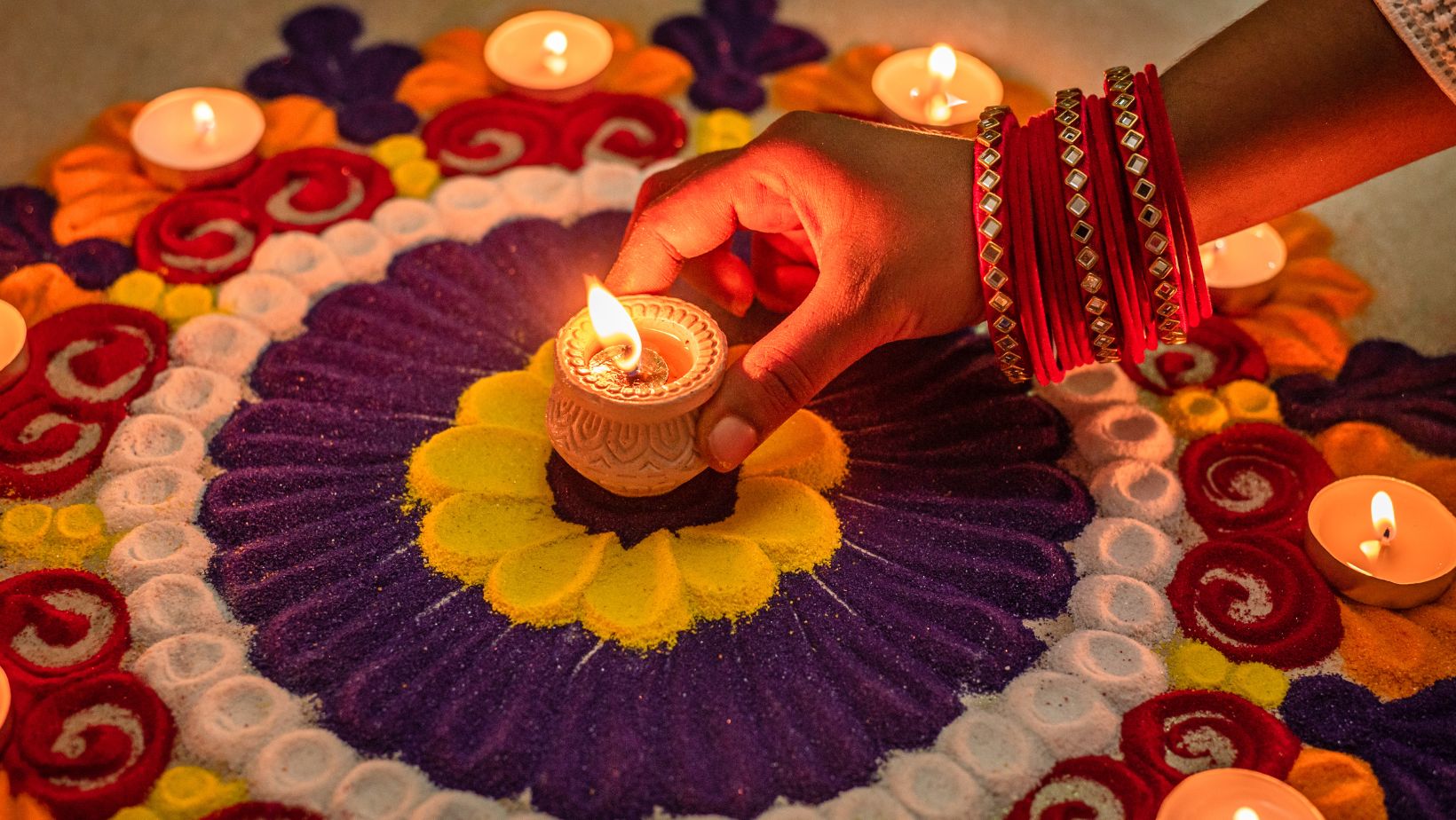Hindi Poetry: Famous Hindi poets of India
The roots of Indian poetry can be traced back to Vedic times. The texts were written in many languages, including Vedic and Classical Sanskrit, Hindi, Odia, Maithili, Tamil, Telugu, Kannada, Bengali, and Urdu.
Famous Hindi poets of India
Samuel Taylor Coleridge once said, “Poetry is the best words in the best order”. So true, isn’t it? The beauty of words and the elegance with which they come together are what makes poetry so special to us as poetry lovers. In all parts of the world, great poets and writers have left behind writings that are still loved, read, and appreciated. India, too, is blessed with exceptional gems who have contributed greatly to literature and have created some of the most admired, exceptional and valuable compositions.
The roots of Indian poetry can be traced back to Vedic times. The texts were written in many languages, including Vedic and Classical Sanskrit, Hindi, Odia, Maithili, Tamil, Telugu, Kannada, Bengali, and Urdu. Hindi literature forms a major part of India’s literary wealth. There are four major styles of Hindi literature, depending on the period of production, or kals:
Aadi kal/ Veer Gatha kal: It was a period when court poets created couplets that praised brave warriors.
Bhakti kal was a time when poetry was composed in praise of God.
Reeti kal/ Shringar kal: Poetry during this period celebrated love and beauty.
Adhunik kal: The modern period.
Different prominent poets emerged during the different kals. A few of the greatest Hindi poets from different eras are:
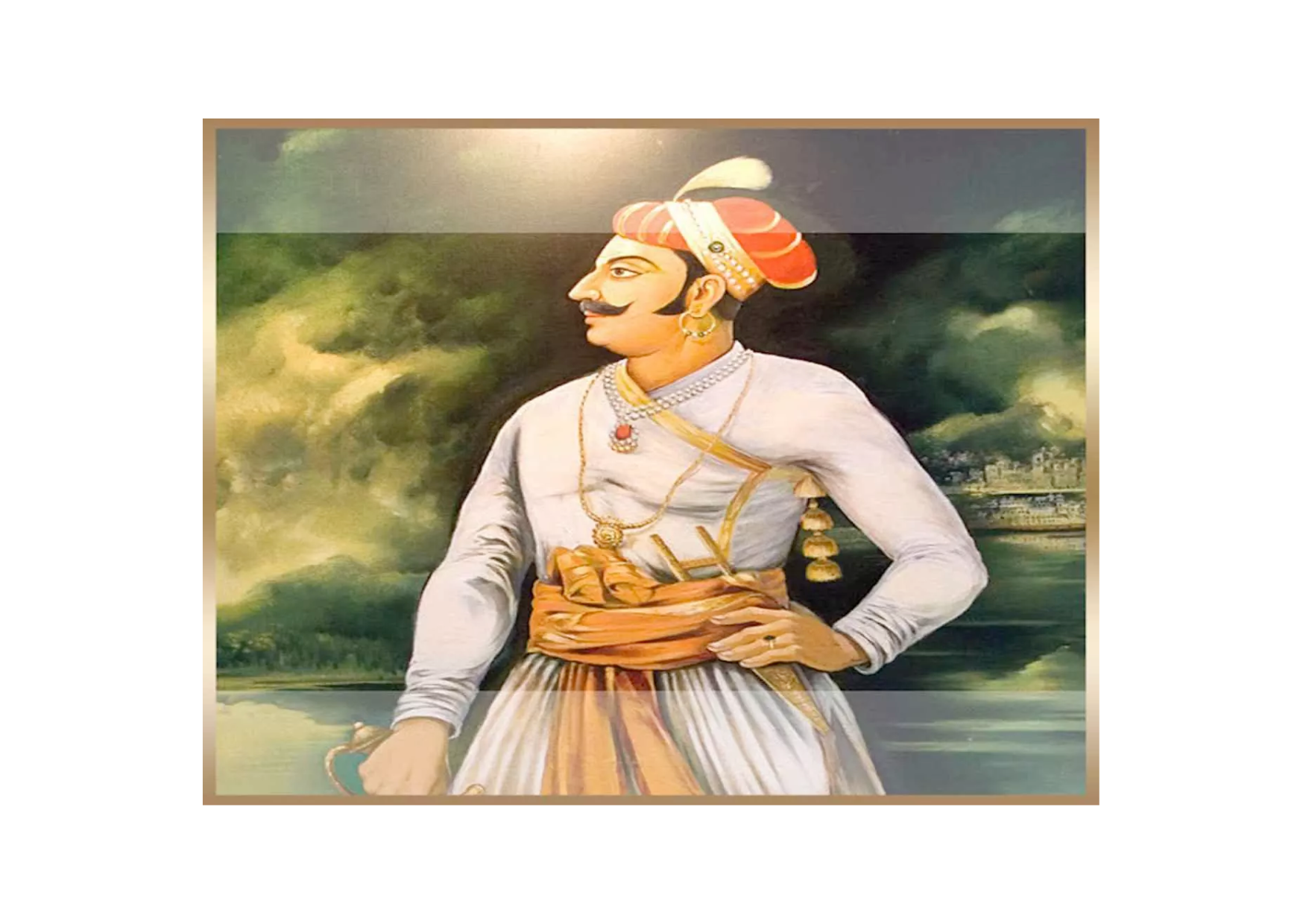
Chand Bardai (Aadi kaal)
One of the greatest Hindi poets of Aadi kal, Chand Bardai was the court poet for Prithviraj Chauhan. He is recognised as one of the first Indian Hindi poets who composed Prithviraj Raso, an epic poem in Brajbhasa about the life of the Chauhan king Prithviraj Chauhan. Chand Bardai had the authority of punctuation, writing, soothsaying, prosody, and the Puranas. Some other creations of this unique Hindi Poet are Padmavati, tan tej tarni jyo ghana opp, and kuch chhand.
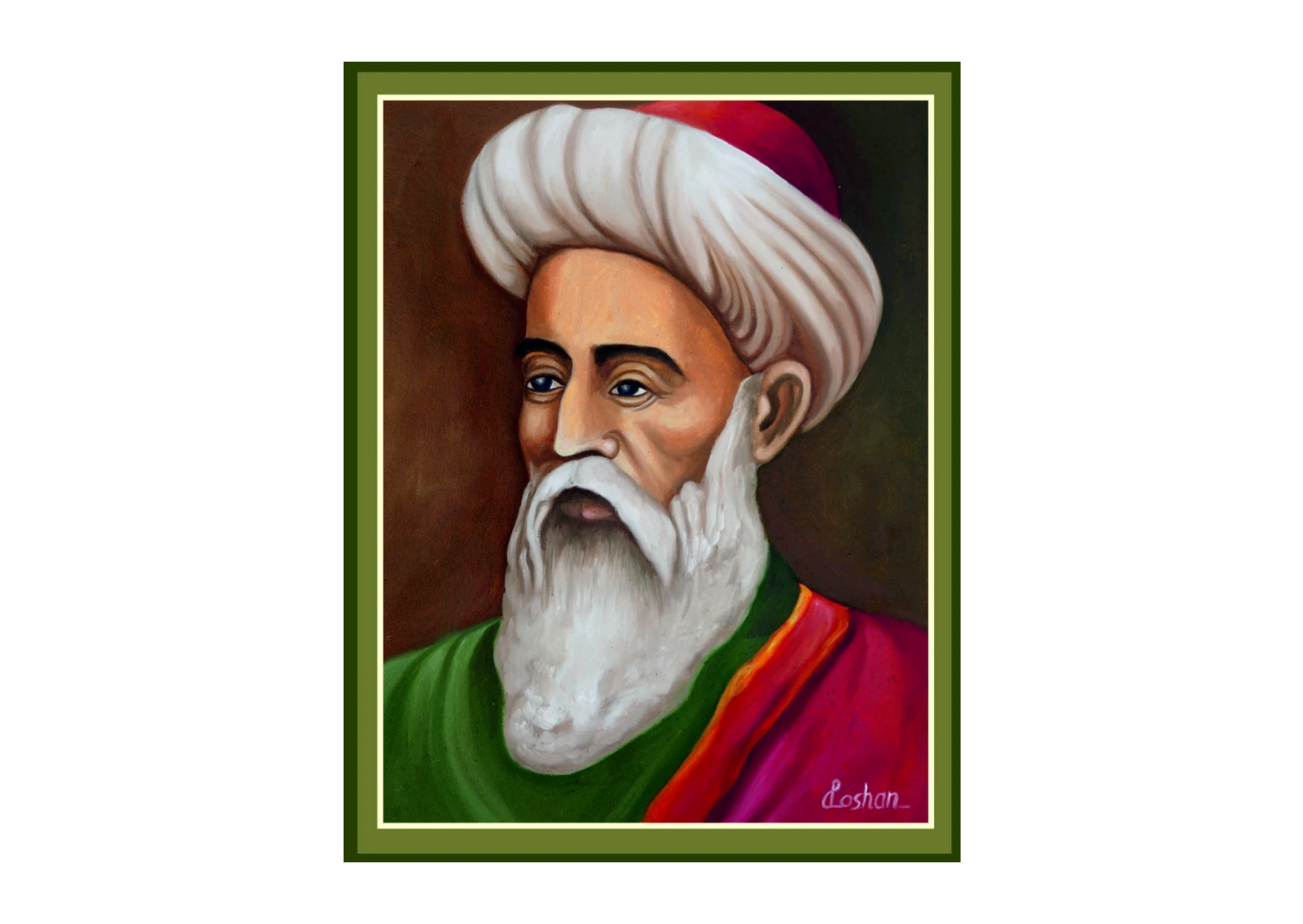
Amir Khusro (Aadi kaal)
A member of the Delhi Sultanate, Amir Khusro Dehlavi was an Indo-Persian Sufi singer, a great Hindi poet, musician, and scholar. In his compositions, Khusro used local dialects, such as Khadi Bol, Braj Bhasha, and Hindawi, as well as court languages, such as Persian, Arabic, and Turkish. A Persian poetry expert, he is credited with introducing the 'qawwali' and 'ghazals' to the Indian subcontinent. Known as the ‘Tuti-e-Hind’ (Parrot of India), he was also regarded as ‘the Father of Urdu Literature as well. Some of his major works include Wast al-Hayat (The middle of life), Miftah ul-futuh (Key to the victories), Nuh Sipihr (Nine Skies), and Nihayat ul-Kamaal (The Zenith of Perfection).
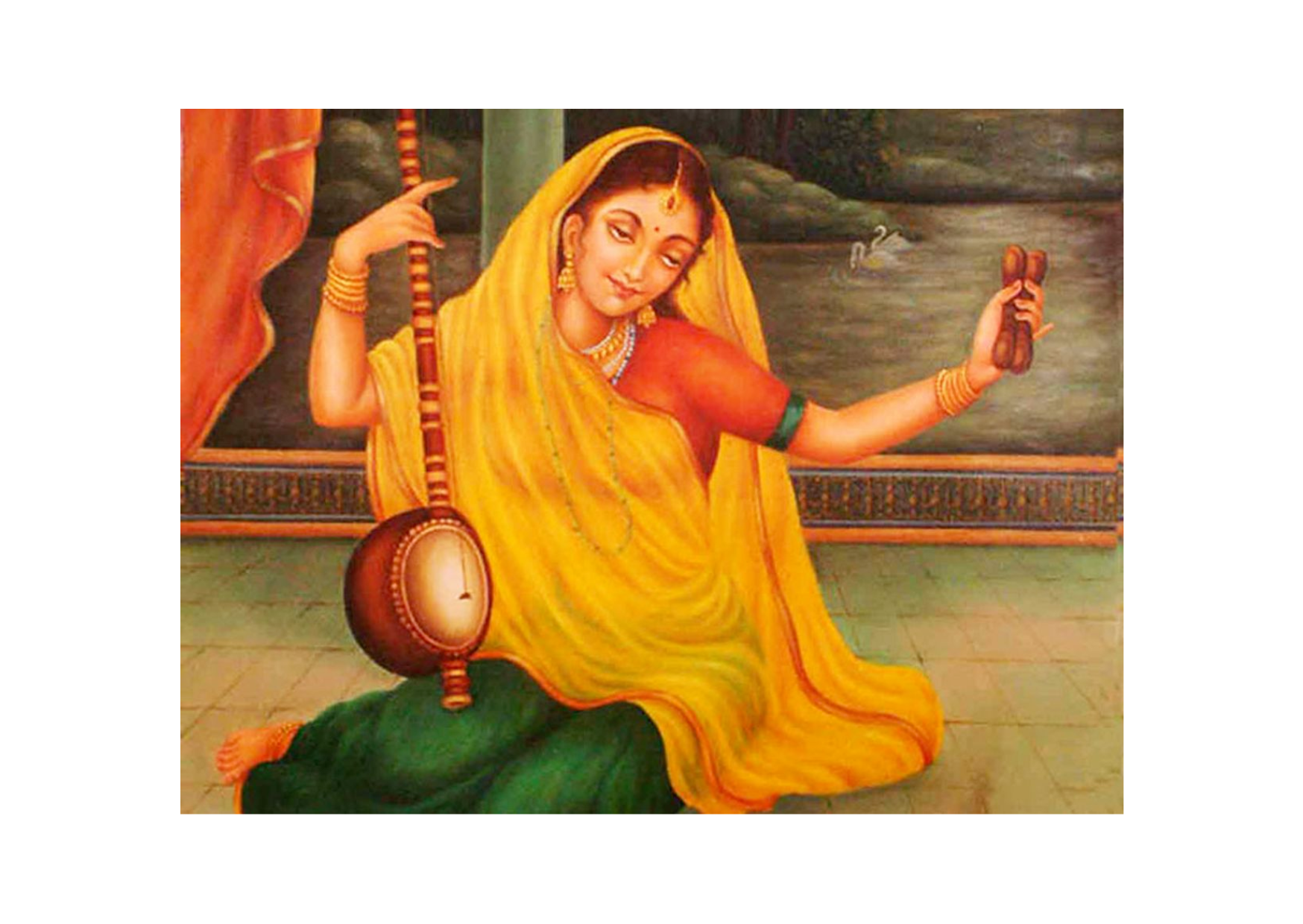
Meerabai (Bhakti kal)
Meerabai was a 16th-century Hindu mystic poet and passionate Krishna devotee born into a royal family in Rajasthan. A number of devotional hymns praising Krishna are attributed to Meerabai in Indian tradition and many poems were composed later and attributed to her by her admirers. Meera Bai's compositions are still sung in India today, mostly as bhajans (devotional songs). One of her most popular compositions is 'Paayoji Maine Ram Ratan dhan paayo' (I have been blessed by the Lord's name). In Indian literature, her poems are considered highly influential and prominent in setting a tone or a poetic flow because of the different paths she took on divinity, mysticism, and love.
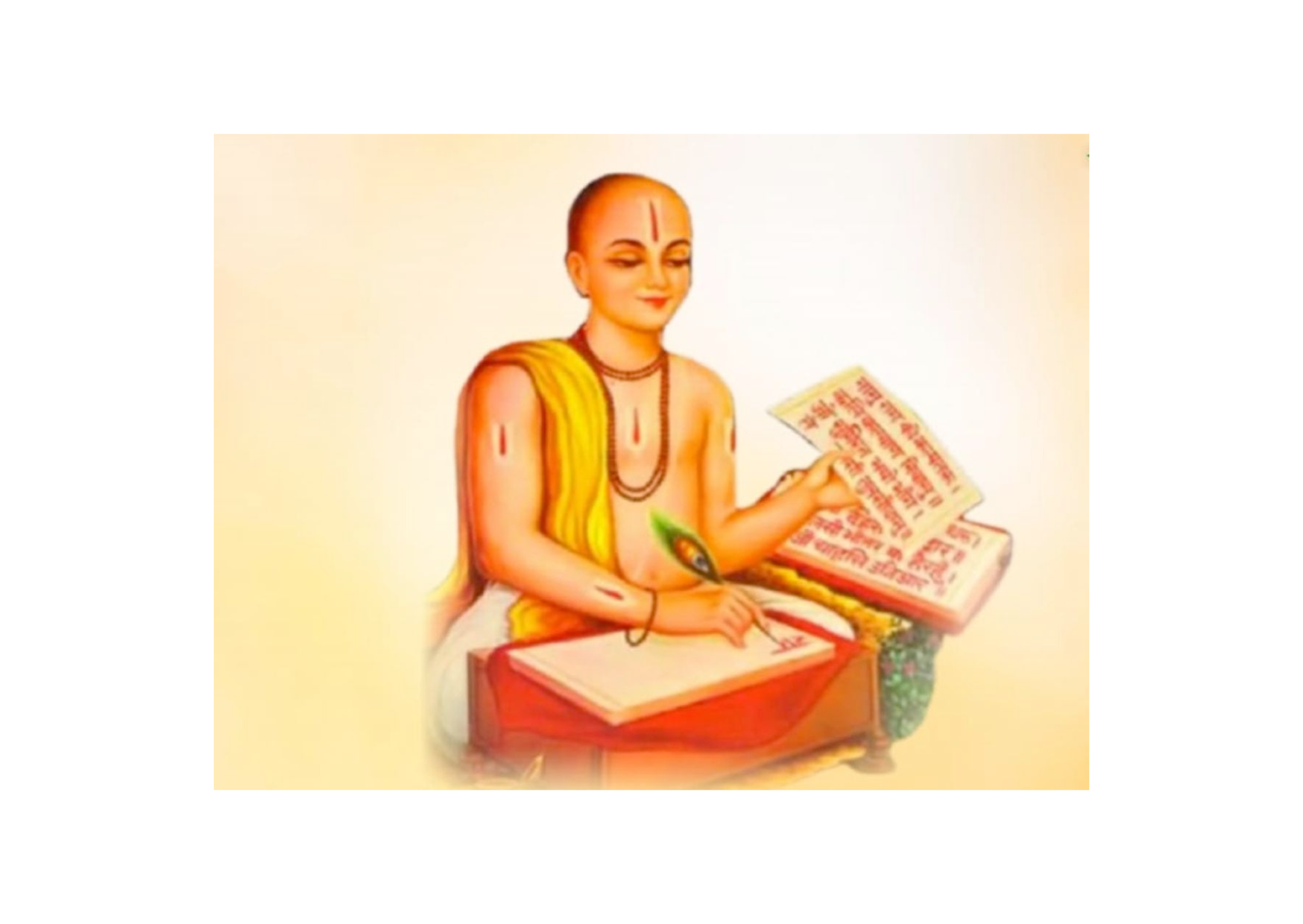
Tulsidas (Bhakti kal)
A great devotee of Lord Shri Ram, Goswami Tulsidas, was a famous Hindi poet and a prominent philosopher from the Ramanandi Sampradaya. A number of his works allude to Hindu deities, but his Ramcharitmanas take his writing to a whole new level. It is a retelling of the Sanskrit epic Ramayana in the Awadhi dialect of Hindi through several beautiful 'Chaupai' (quadruped/meter of four syllables) solely devoted to Lord Rama. He is also well known for his works in the Braja dialect of Hindi, like Krishnavali and Gitavali.
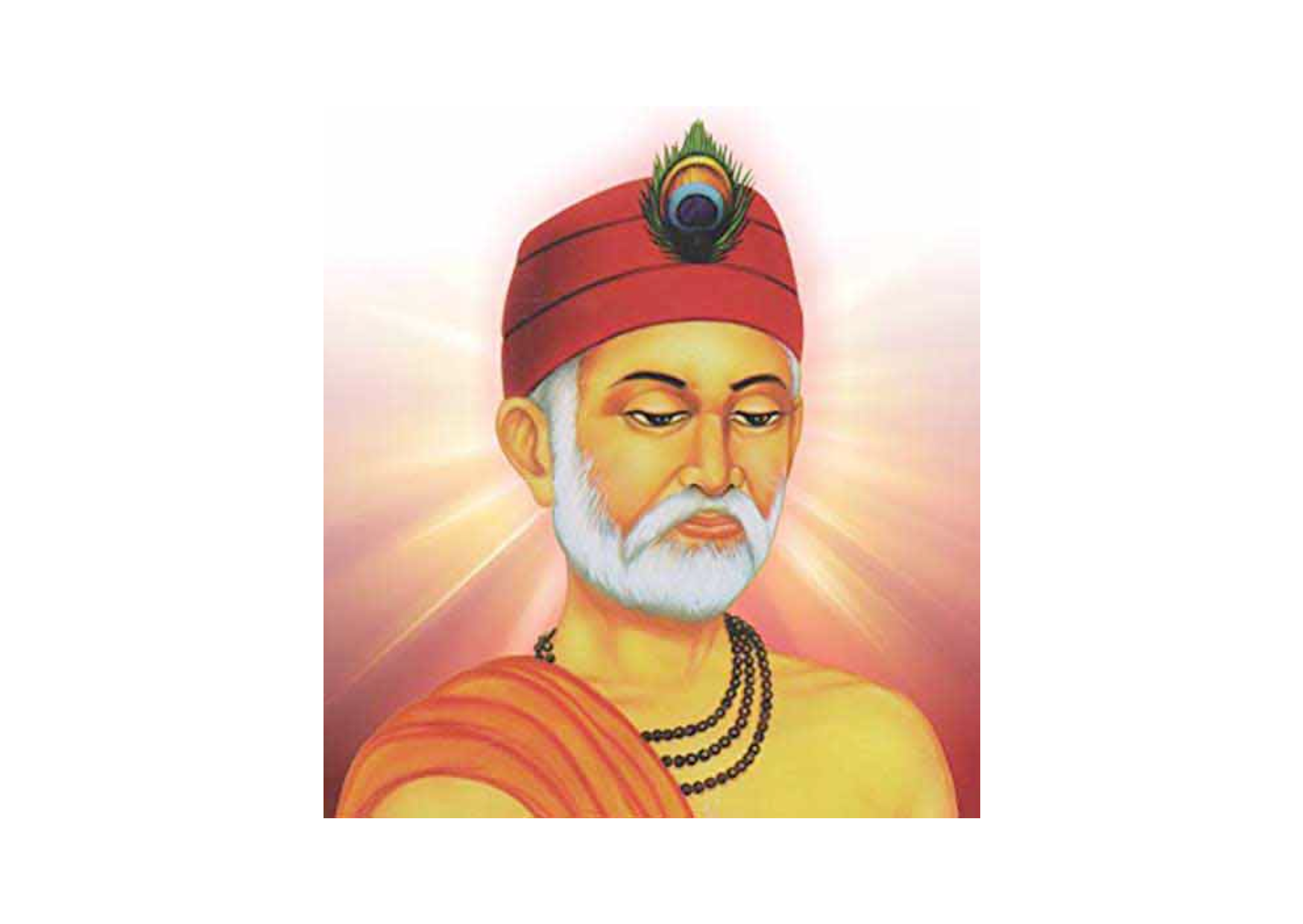
Kabirdas (Bhakti kal)
Popularly known as Sant Kabir, Kabir was a ‘mystic poet’ of the 15th century, whose writings had a major influence on the Bhakti movement. He questioned the necessity of religion in his dohas, and shlokas and criticized all existing religions such as Hinduism, Islam, and Buddhism. In his poetry, he borrowed dialects from both the Awadhi and Braj versions of Hindi. Most of his compositions are two-line couplets, referred to as ‘Kabir Ke Dohe’. His major work includes Bijak (the seedling), Kabir Parachai, Sakhi Granth, Adi Granth (Sikh), and Kabir Granthawali. You can read more about this in our blog ‘Dohe by Sant Kabir that guide us on life, from birth to death’.
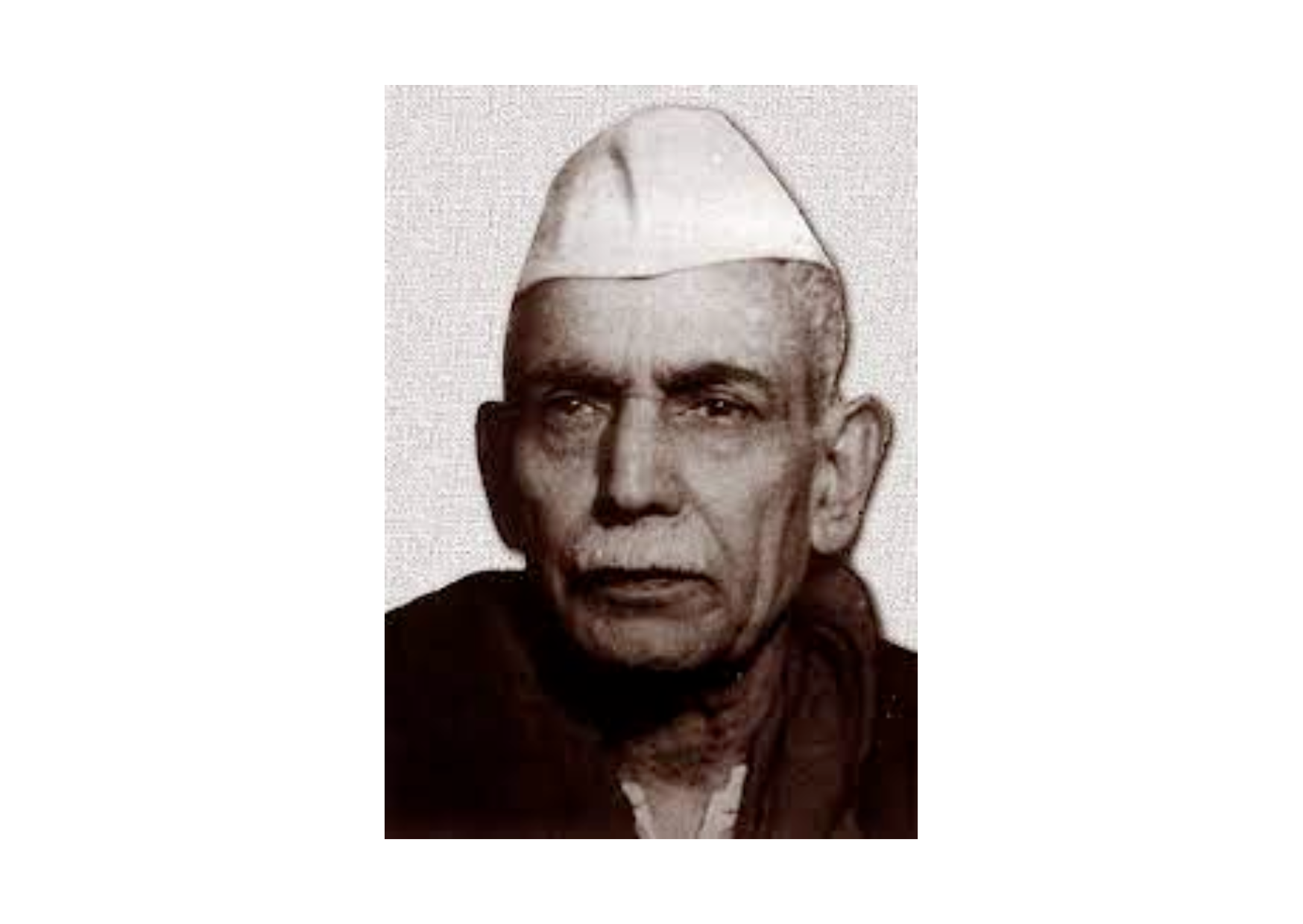
Makhanlal Chaturvedi (Shringar kal)
Born on 4th April 1889 in Hoshangabad District of Madhya Pradesh, Pandit Makhanlal Chaturvedi was an incredible Hindi poet, writer, essayist, playwright, and journalist who played a prominent role in the Indian National Struggle and contributed greatly to the Chhayavaad of the Neo-Romantic movement of Hindi Literature. His work titled ‘Him Tarangini’ was the first to win a Sahitya Akademy Award. Samarpan, Yug Charan, Dip se Dip Jale, Sahitya Devta, Kaisa Chand Bana Deti Hai, and Pushp Ki Abhilasa are among his other famous works.
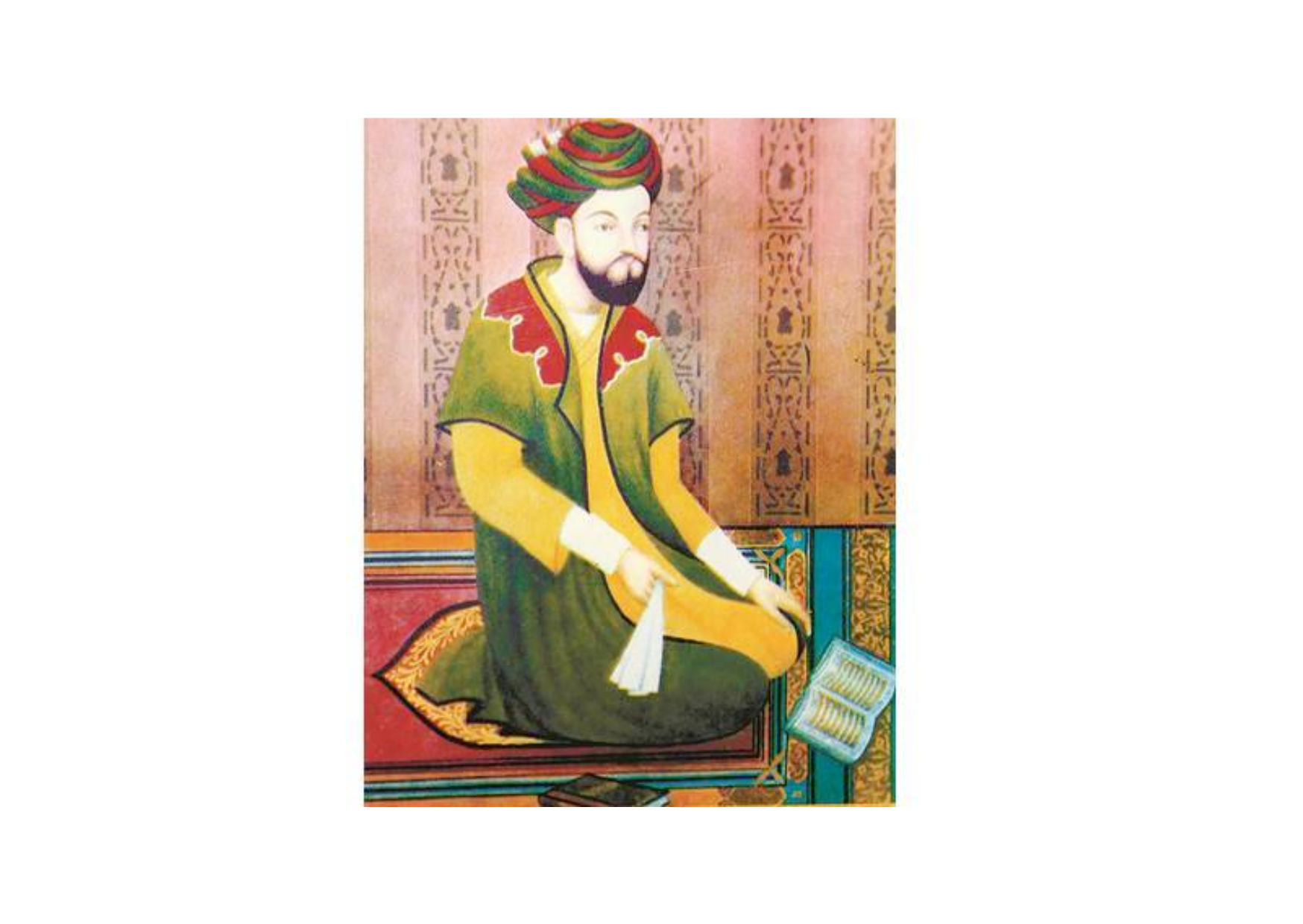
Malik Muhammad Jayasi (Shringar kal)
A great deal of information about Malik Muhammad Jayasi comes from legends, and his date and place of birth are uncertain. His writing basically includes the Awadhi dialect, but he also used the Persian script Nasta liq. One of his most famous works is Padmavat, based on Alauddin Khalji's siege of Chittor after learning about the beauty of Rani Padmavati of Chittor. His other works include Akhrawat, Akhiri Kalaam and Krishna-inspired Kanhavat.
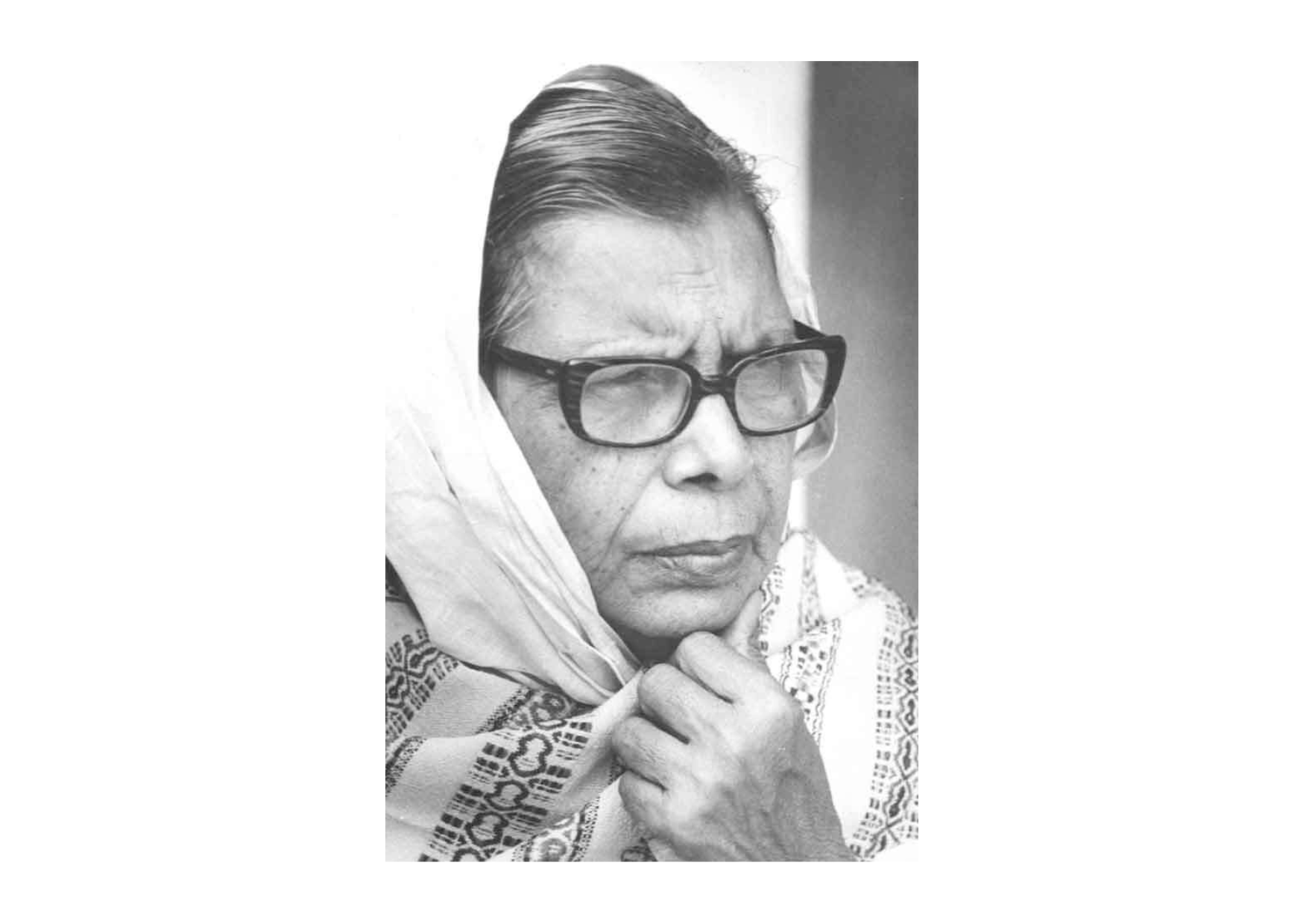
Mahadevi Verma (Adhunik kal)
Known as ‘Modern Meera’, Mahadevi Verma was an eminent Hindi poet, writer, and novelist born in Farrukhabad, Uttar Pradesh, in 1907. During the Chayavad era, she was one of the most influential poets who worked for the welfare of Indian society, and not only her poetry but also her social and welfare initiatives among women were depicted deeply in her compositions. Her compositions infused Braj Bhasha-style softness into the Khadi Boli dialect. As a result of her contributions, Mahadevi Verma has been given many awards and honours, including the Padma Bhushan, Sahitya Akademi Fellowship, Jnanpith Award, and Padma Vibhushan. Deepshikha, Himalaya, Neerja, Nihar, Path ke Saathi, Ateet ke Chalchitra, and Rashmi Geet are some of her best-known works.
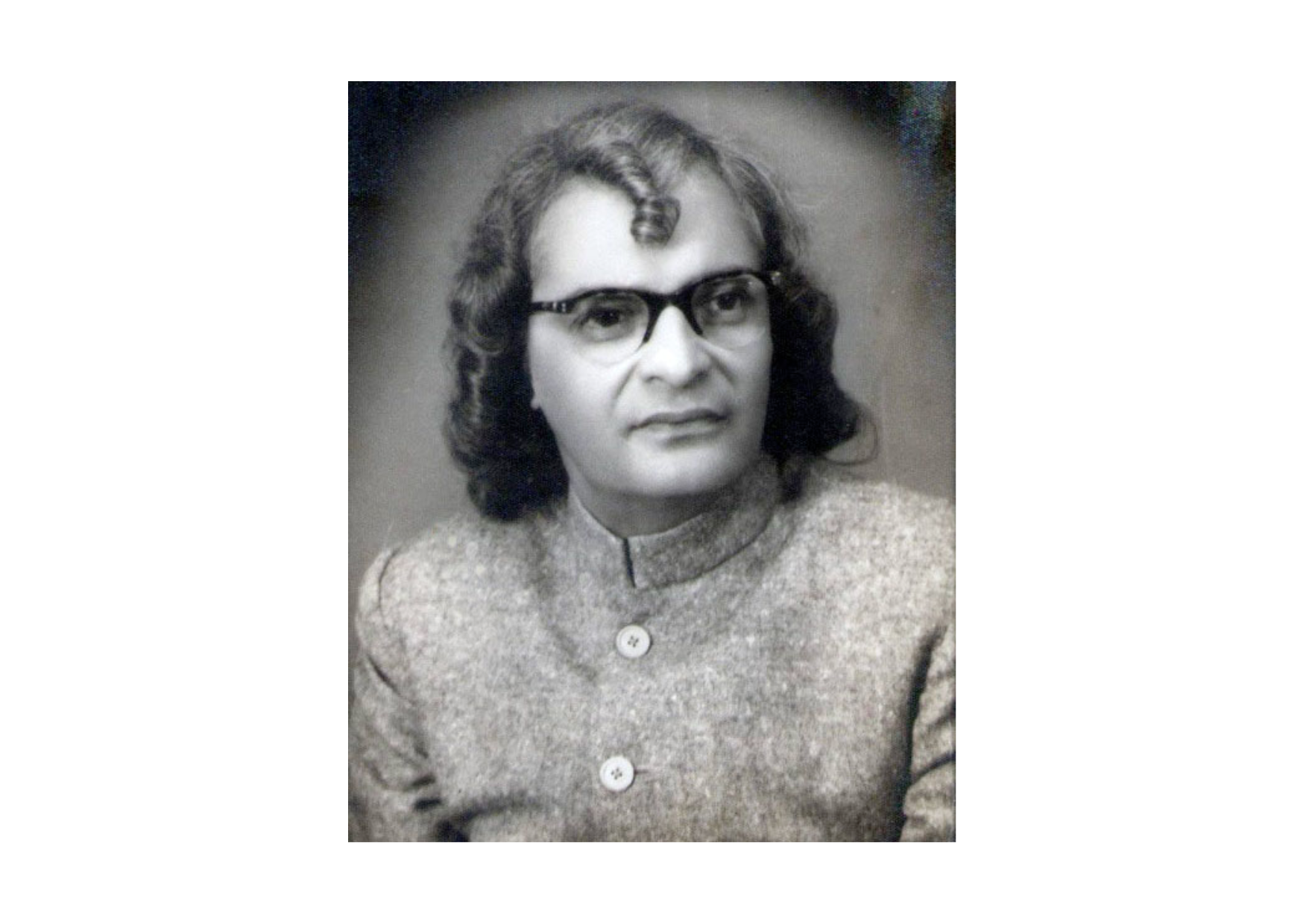
Sumitranandan Pant (Adhunik kal)
One of the most celebrated Hindi Poets of the 20th century, Sumitranandan Pant (20 May 1900 - 28 Dec 1977) is known for his romantic poetry that was inspired by nature, people, and elegance. The Chhayavadi School of Hindi Literature counts Pant as one of its most prominent poets. His work was mostly written in Sanskritized Hindi. Similes and metaphors were often used in his writing, which made them more interesting and admirable. The poem 'Chidambara' that he is most famous for won him a Padma Bhushan in 1961 and a Jnanpith Award in 1968. Aside from Pallav, Veena, Granthi, and Gunjan, his other acclaimed work is Kala aur Burha Chand, for which he received the Sahitya Academy Award.
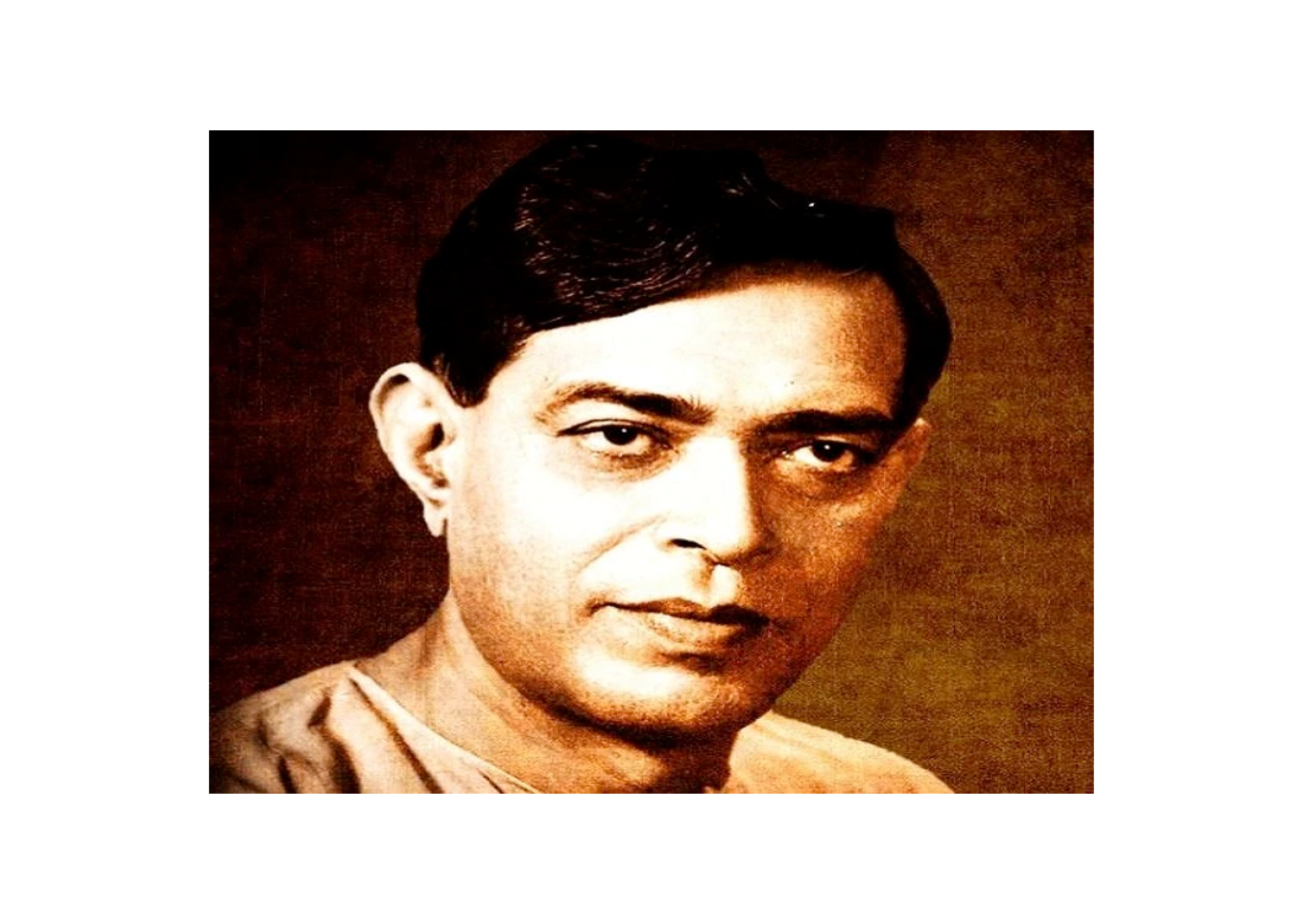
Ramdhari Singh Dinkar (Adhunik kal)
"सच है विप्पत्ति जब आती है, कायर को ही दहलाती है"
We all must have encountered the above-mentioned line in a Hindi book during school, which is from an incredible poem by Ramdhari Singh Dinkar. Known as the greatest Hindi poet of 'Veer Rasa', Ramdhari Singh Dinkar was born on September 23, 1908, in Samaria, Bihar. Nationalist poetry he wrote before independence earned him the title of 'Rashtrakavi' (national poet). In 1972, he received the Jnanpith award for Urvashi, a love poem very different from his usual genre. Using simple words to convey deep meanings was his forte. Krishna Ki Chetavani, Parashuram ki Pratiksha, Koylaa aur Kavitva, Neem ke Patte, and Reti ke Phool are among his most famous works.
It would be impossible to list all the famous Hindi poets who have contributed so much to Hindi literature in one blog, but I hope this post on some of them was worth your time. They created several great masterpieces which are engraved in the history of Hindi literature and the hearts of their readers. Their works will forever sing the legend of their wisdom and devotion.

